All Episodes
Displaying 1 - 20 of 30 in total
Den globale demokratikrisen (Norwegian)
A recording of my presentation at the "Democracy in Crisis" seminar 16th of November 2024 in Oslo at the House of Literature. The presentation is in Norwegian.

Democracy in Crisis
For local audiences, join us for a live seminar at the House of Literature (Litteraturhuset) in Oslo 16. november. Sign up for free at https://www.litteraturhuset.no/n...
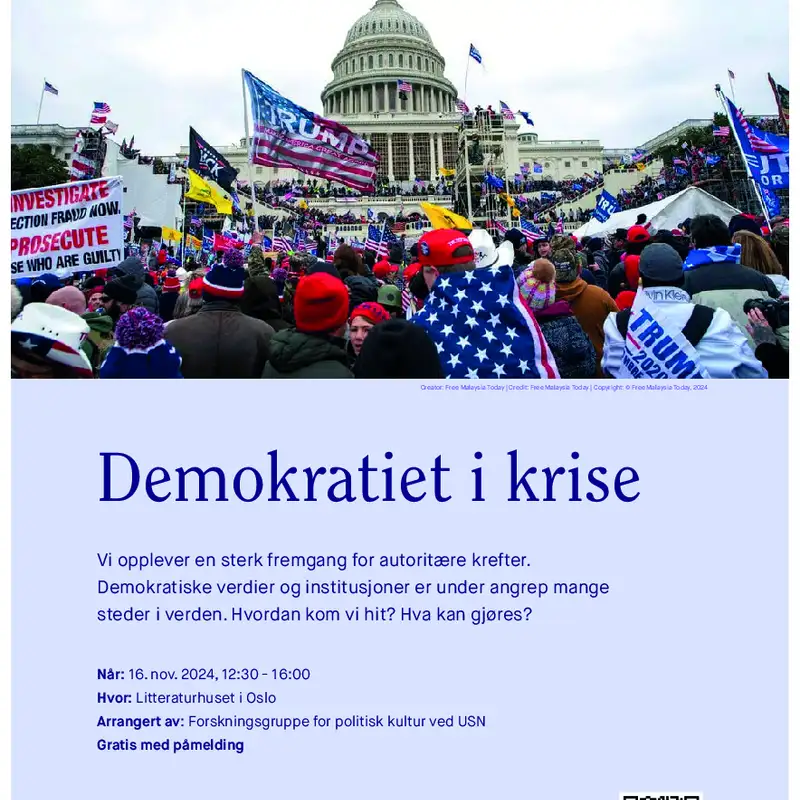
Russian Opposition Rhetoric Part 3
Discussion with a Russian dissident about the rhetoric of the Russian opposition to Vladimir Putin from 2021-2023. We cover four sentencing speeches by Alexei Navalny,...

Russian Opposition Rhetoric Part 2
Discussion with a Russian dissident about the rhetoric of the Russian opposition to Vladimir Putin from 2021-2023. We cover four sentencing speeches by Alexei Navalny,...
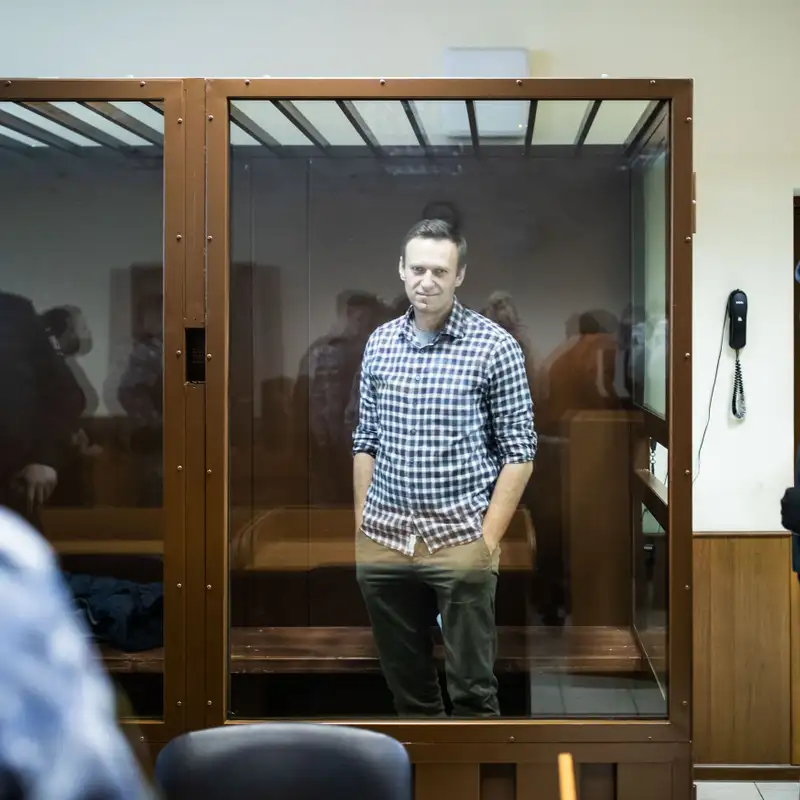
Russian Opposition Rhetoric Part 1
Discussion with a Russian dissident about the rhetoric of the Russian opposition to Vladimir Putin from 2021-2023. We cover four sentencing speeches by Alexei Navalny,...
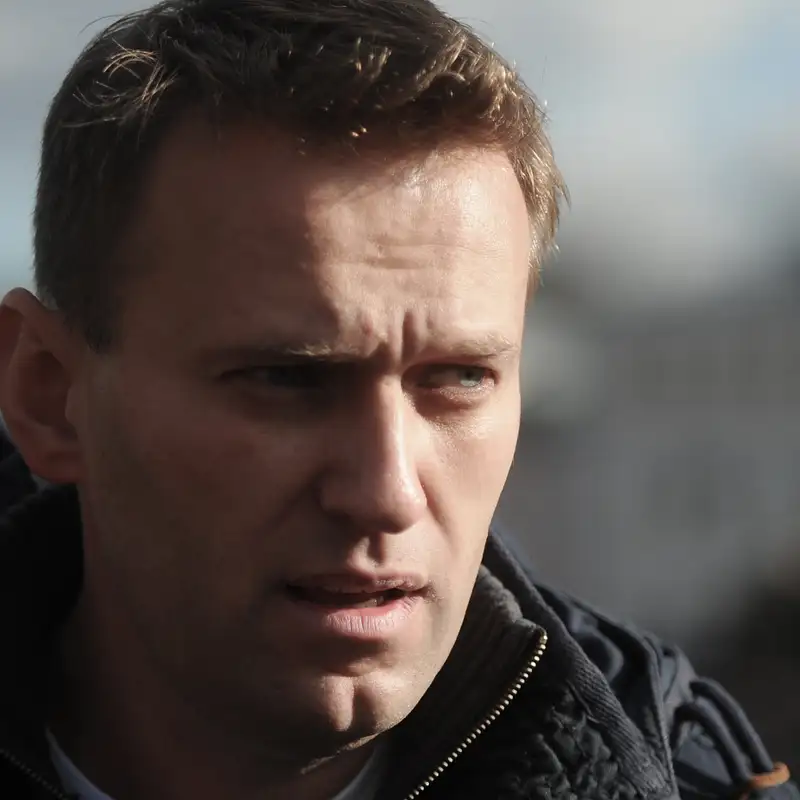
Isocrates' Warning of the Curse of Empire
Over 300 years BCE, Isocrates warned Athenians about the curse of empire in his oration "On the Peace." The central claim was that ruling over an empire was as devasta...
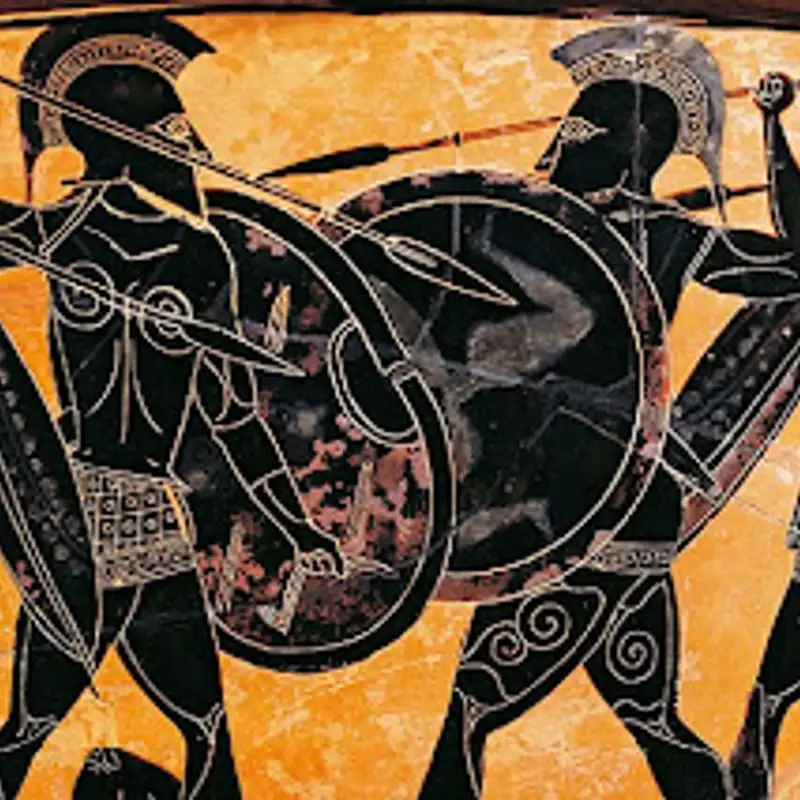
Perelman's Arguments Based on the Structure of Reality
Perelman made a category of arguments that he termed to be "based on the structure of reality." Dr. Steven B. Katz joins us to discuss each of the arguments within thi...

Isocrates and Plato on Knowledge and Judgement
Isocrates believed most knowledge needed for practical judgement was contingent and more easily found by internal and external arguments. Plato believed all true knowl...
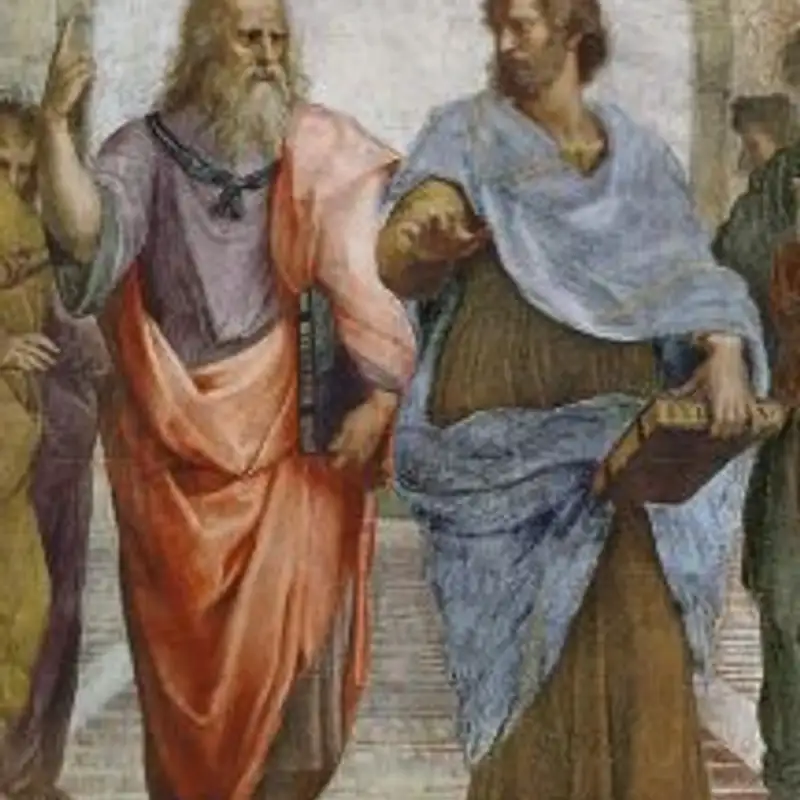
Serbian Nationalism and the Embers of Genocide
Dr. Ivana Stradner, who grew up in Serbia, discusses the rise of Serbian nationalism, Putin's strategy of increasing ethnic tensions in the region, and why we may be c...

Chaim Perelman's Quasi-Logical Arguments
Perelman made a category of arguments that he termed "quasi-logical." Quasi does not mean "fake" in this context, but just that they are similar to the arguments made ...

India's Majoritarian Autocracy
In just a few years, India has been transformed from a vibrant liberal democracy to a majoritarian autocracy under Narendra Modi. Under his Hindu majority rule, Muslim...

The State of Speech Writing and Eloquence in Norway
"A speech writer in Norway is supposed to be invisible." Kristine Dahl was working as a lawyer for the Norwegian government when she was asked to help write a speech f...

The Role of Ethos and Identification in Legal Argumentation
Cherise Bacalski, an appellate attorney who makes oral arguments at the Utah Supreme Court and Utah Court of Appeals, also took a master's degree with an emphasis in r...

Donald Trump's Tyrannical Tendencies
Properly understood, the classical image of the tyrant is not a form of government, but rather a disease of the mind. In this episode, Dr. Isaksen revisits a text he w...

Russian Imperialism and the Post-Colonial Awakening in Qazaqstan
When Dr. Azamat Junisbai grew up in Qazaqstan, he looked down on those who spoke Russian with an accent. Although he was an ethnic Qazaq born in Qazaqstan, he had abso...

The Covid Debate in Sweden
Dr. Björn Olsen is a Professor of Infection Medicine at the Department of Medical Sciences, Uppsala University in Sweden. He was an active participant in the public po...

Chaim Perelman's Theory of Argumentation
Dr. Richard Enos joins us to discuss Perelman's theory of argumentation and how it provides a basis for making rational arguments and decisions about values.

Demagoguery and Democracy Part 2: Defining Demagoguery and Defending Democracy
Dr. Patricia Roberts-Miller, author of "Demagoguery and Democracy," gives her definition of demagoguery, explains how and why it works, and gives us some institutional...

Demagoguery and Democracy Part 1: Vladimir's Choice and Zero-sum Politics
Dr. Patricia Roberts-Miller, author of "Demagoguery and Democracy," talks about how demagogues arise out of a demagogic culture, the forms of argument we can recognize...

Quintilian: The Master Teacher of Rhetoric
Although from humble origins, Quintilian rose to prominence in Rome as a teacher of rhetoric and became the first imperial endowed chair in rhetoric in Rome. He was a ...
